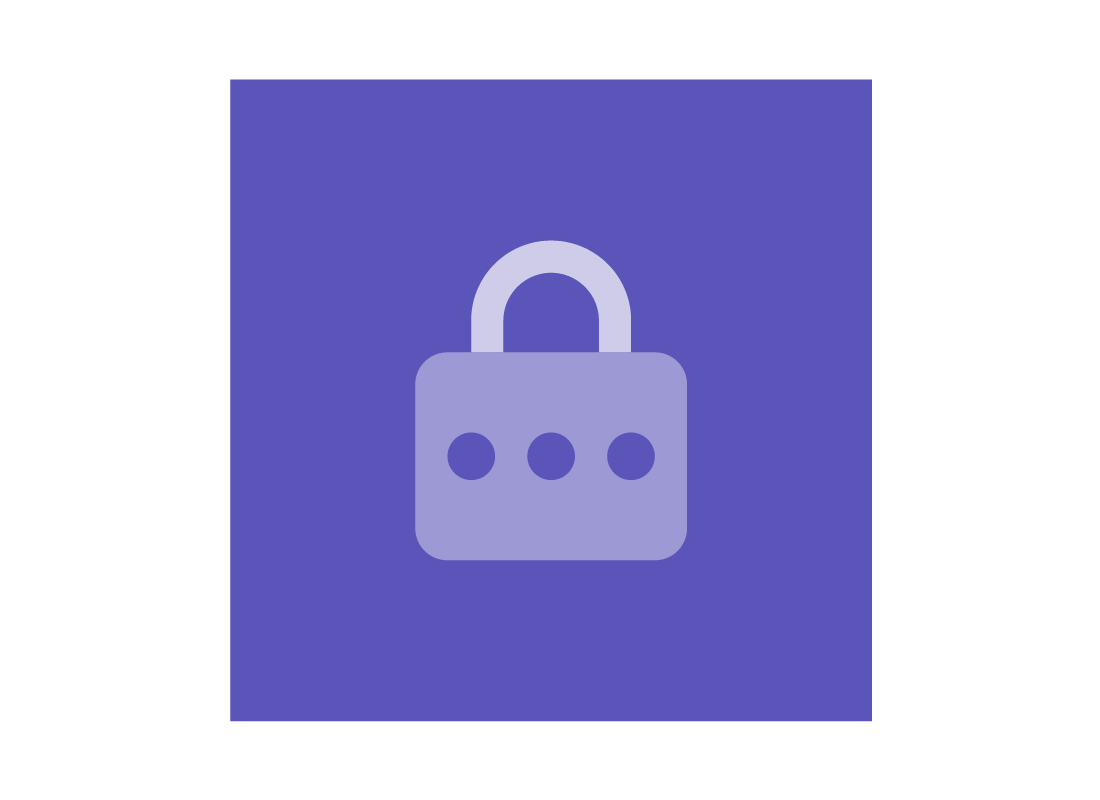Key safety tips for using social media
Key safety tips for using social media
What's coming up?
While there are no guarantees when it comes to social media, following these safety tips will have you well placed to protecting your identity and security online.
You will learn how to protect your personal information, when it's safest to post to social media, and how to be aware of various social media scams.
Start activityKeeping your information private
It’s important to never share your personal information with others online.
Even if you know the person well, never share your personal details with them in case the data is intercepted by someone else.
People can use your personal information, including your date of birth or address, to create dummy online accounts in your name, or even use it to open bank accounts in your name.
Sharing personal information
On the internet, the line between real friends and online friends is often blurred. People find it easy to strike up online friendships, but these relationships should be scrutinised carefully.
It is safer to only connect online with people you actually know in real life. If you do connect with people who you don’t know in real life, always think about the information you are sharing with them.
It is safest not to share personal information and other details of your life.
Broadcasting you're away from home
It’s important to remember that when you use social media, the things you post are immediately visible.
This means when you post a photo while you are travelling, others know that you’re not at home and that your house is probably vacant.
The safest option is to post your travel photos once you’ve returned from your trip, or to only share photos directly with close friends and family.
Beware of scams
The internet in general, and social media in particular, are rife with scams of all kinds. Common scams include romance scams and scams that aim to appeal to people’s emotions.
Romance scams are often aimed at people who are single, or widows and widowers. Always be wary of people who befriend you online and offer to start up close friendships or relationships.

eSafety Tip
The aim of many scams is to get you to transfer or hand over money to the person behind the scam. Never, under any circumstances, transfer money or share your financial details with someone you have met online.
For more information on scams, including how to spot them, see our Identifying and avoiding scams online courses.
Report scams and abuse
If you feel that someone is trying to scam you or that you have been scammed, you should report it immediately to the social media platform and to any institution that is affected, such as your bank.
The Australian Competition and Consumer Commission (ACCC) has a useful website called Scamwatch. You can find out more on what to do if you think you are being scammed by visiting the Scamwatch help page.
Likewise, if you're a victim of bullying, harassment or intimidation online, report it to the social media platform and, where necessary, to the police.
Control your privacy settings
All social media platforms give you control over your privacy settings. These settings allow you to dictate who can see your information and how people can connect with you online.
Most social media platforms have relaxed privacy settings by default, so it is up to you to go into the Settings menu and update your privacy settings as soon as you sign up to the platform.
Congratulations
Well done, you've completed the Key safety tips for using social media activity.
You should now be aware of some key safety tips for using social media. There are other safety aspects related to the use of social media and these will be covered in other courses.
Coming up next, if you have registered and are logged into the Be Connected website, you'll now be able to take a short quiz to finish the course. If you're not registered, you are now at the end of the course.